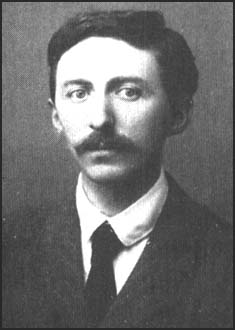LITR 5734 Colonial &
Postcolonial Literature

Lecture Notes
Continue E. M. Forster, A Passage to India (pp. 35-212; through II, "Caves," chapter xx); Edward W. Said, "Orientalism" (handout)
| midterm
update
assignments follow-up last week's question > Said dialogue: Dawlat Yassin (Orientalism) Mughal empire [break] poetry: Vanessa novel of manners web: karma
|
|
Thursday, 28 February: Continue E. M. Forster, A Passage to India (pp. 35-212; through II, "Caves," chapter xx); Edward W. Said, "Orientalism" (handout)
· Dialogue between A Passage to India & "Orientalism":
leader: Dawlat Yassin
· Poetry reading from Walcott: “The Season of Phantasmal Peace” (464-65)
reader: C. Vanessa Olivier
· Web review: karma
midterm update
About half are read, should finish and return graded midterms by individual email sometime this weekend
Check your email before coming to class next week
So far a representative range of styles, emphases, achievements, issues
Trying to keep my notes brief,
but usual acknowledgement of upsides
followed by identification of problems / opportunities + therapies
Familiar student response to review:
frustration that you’ve done what you thought was called for, only to be challenged or doubted on something you weren’t considering or which seems secondary
Reviews are at least partly subjective and can be unfair—
my reaction struggles for the right focus just as the student struggled to react to the assignment
Profession of Literature less about being conclusively right than processing and adapting to new information and ideas.
keep open possibility of following up, conferring by email, phone, or in person
I benefit from conferences—see and hear you more clearly, help more definitely
Lit-folk primp on being hip and forward-looking, but still a somewhat traditional society built on relations, exchanges, sharing, difference as relation
Questions?
assignments
Thursday, 6 March: complete Forster, A Passage to India (through part III, "Temple"; 212-362)
· Reading highlight for Passage to India: Cory Owen
· Poetry reading from Walcott: "God Rest Ye Merry, Gentlemen" (91)
reader: Matt Richards
· Web review: Partition of India
complete Forster, A Passage to India (through part III, "Temple"; 212-362)
discussion questions:
Identify Forster's use of symbols: collar stud, wasp, cave, sound
compare Heart of Darkness -- standard Modernist technique
Conclusion to Passage
2 major scenes involving mystical and novel-of-manners elements
1. temple celebration of birth of Krishna / Krsna
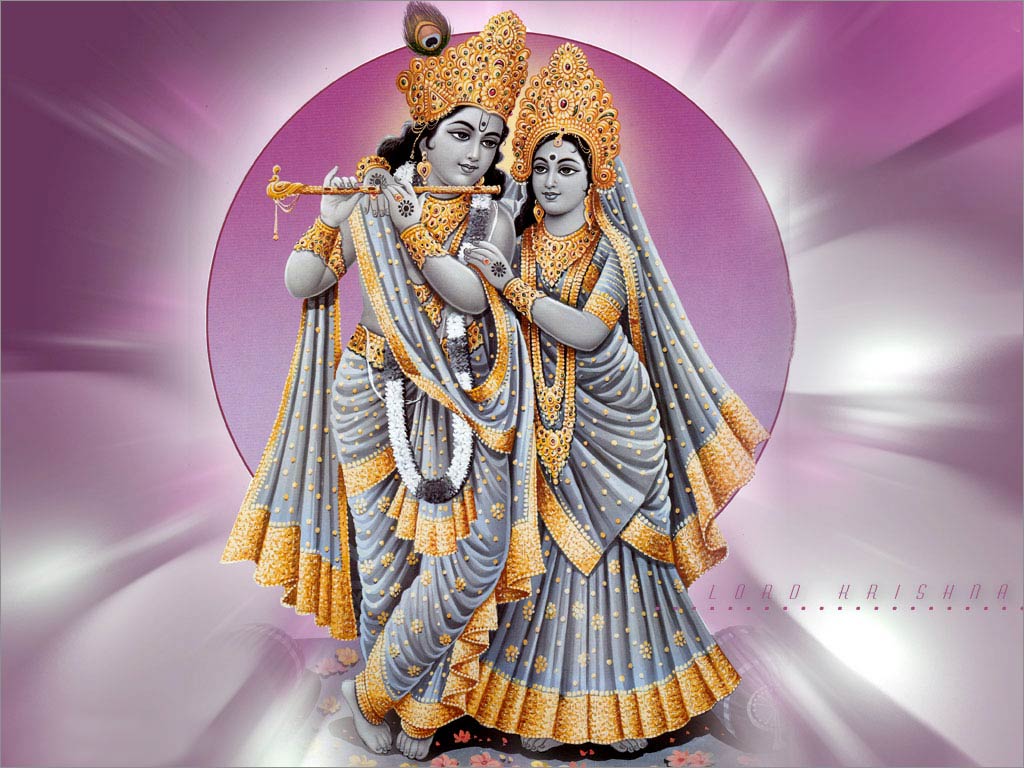
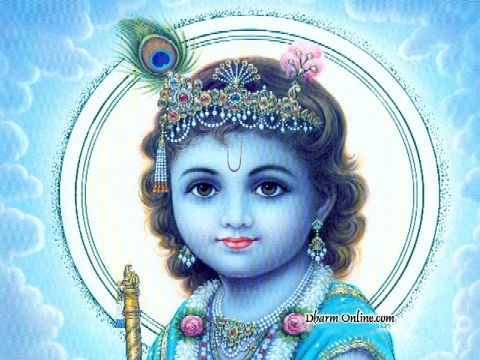
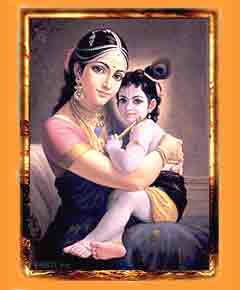
2. Scene of horseback riding with Aziz and Fielding
Comedy of manners often ends with marriage / kiss / union
How does Forster adapt this formula to cross-cultural purposes?
How satisfying for conclusion? What prophecies?
Poetry reading from Walcott: "God Rest Ye Merry, Gentlemen" (91)
reader: Matt Richards
Compare "Christmas" poem to Krishna's birth at end of A Passage to India
Web review: Partition of India (1947--when British leave subcontinent, Pakistan divides from India--one of great catastrophes of human history
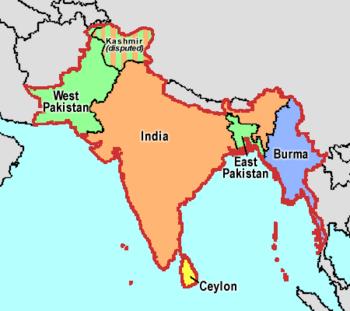
follow-up last week's question > Said
Edward Said, author of Orientalism (1978), best-known book on colonialism / postcolonialism
also Culture and Imperialism 1993
Last week, I mentioned that Said's originality was in combining
post-structuralism (formal literary theory based on structuralist and post-structural concepts of language (including intertextuality)
with
historicism
Dawlat asked how, & I excused myself as unprepared
but re-reading the excerpt from Orientalism for today reminded me how.
post-structuralism: formal literary theory based on structuralist and post-structural concepts of language
traditional views of language: sign = referent; e. g.,
rock = natural stone shape
words connect to the things they describe
structuralist: rock has no connection to "rocks"
but only to other words; the way we identify rock is by knowing what it's
not, that it's not "block" or even "stone"
words connect to other words
effect: destabilization of traditional identification; identity becomes more provisional, a matter of convenience and change rather than fixed nature
or positively: language and literature are a network of shared meanings rather than stand-alone islands of self-sufficient meanings
historicism: ideas about history as part of history
traditional idea of history: "what really happened"
historicism: how history was written, what purposes it serves
effect: history becomes destabilized; there is no historical reality, only words or images with which we compete to describe it, and these perpetually change
Edward W. Said (1935-2003) overview
strongly influenced by post-structuralist theory, applied to political conditions and history
earlier this semester: intertextuality as interdependence of one text on another
no such thing as an independent text--each text refers to others, uses others to constitute itself
Said (and others) extend this model of intertextuality to a psychological and political framework:
Self-other
Said 87 Europe's greatest and richest and oldest colonies, the source of its civilizations and languages, its cultural contestant, and one of the deepest and most recurring images of the Other.
Briefly, the idea of "self" depends on an idea of "other"
Earlier this semester, saw in Achebe:
Nearly eighty years after its initial publication, Achebe attacks Heart of Darkness in his essay “An Image of Africa: Racism in Conrad’s Heart of Darkness.” He considers “the desire—one might indeed say the need—in Western psychology to set Africa up as a foil to Europe (337).”
112 all illness proceeds from Hindus
Identify ourselves by difference, but also learn and share difference
Things Fall Apart 13 fear of himself, lest he should be found to resemble his father
father agbala, not only another name for a woman . . a man who had taken no title
Simplest relation: negative--"I'm not that kind of person."
But relationships between self & other soon reveal expressions or reflections of the self in the other
Negative polarization > positive exchange
No word exists independently of other words; no text without other texts (intertextuality); no historical event without others
> Said on Orientalism
Orientalism now mostly known as "Asian Studies"
"The Ballad of East and West"
by Rudyard Kipling
Oh, East is East, and West is West, and never the twain shall meet,
Till Earth and Sky stand presently at God’s great Judgment Seat; . . .
But there is neither East nor West, Border, nor Breed, nor Birth,
When two strong men stand face to face, tho’ they come from the ends of the earth
In brief, no east without west
No orient without . . . occident
74 occidental
Orient < L east or sunrise
Occident < L west or sunset
Old-fashioned terms of categorization or convenience, now obsolescent or tainted by past errors:
“The Orient” = “the East” (of Europe); middle eastern or far eastern
“The Occident” = “the West”
Examples of Orientalism and contrasts with west, occident, British
87 slackness, inattention to detail
90 awfully British
100 British India, reason and orderliness
103 religious riots, proved the British were necessary to India
111 unfaithfulness
120 West doesn’t bother much over belief or disbelief
127 clarity vs. intimacy
128 indifference the Oriental will never understand
131 teaching people to be individuals
Islamic empires
Mughal Empire & Ottoman Empire (also Persian Empire)
In Passage,
77 Mogul Emperors
75 scene from film
Mogul restaurant on Bay Area Blvd. just beyond university (behind Jack in the Box)
Mughal Empire--app. 1500-1765--imperial power ruling Indian subcontinent, 1500s-1800s; Mughal (or Mogul) is Persian word for Mongol, as in Genghis Khan (1162-1227)
Akbar the Great, Shah Jahan, Auranzeb
159-160 Moguls
Maps of Mughal Empire
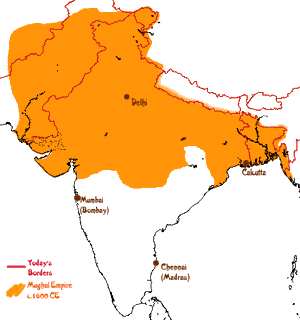
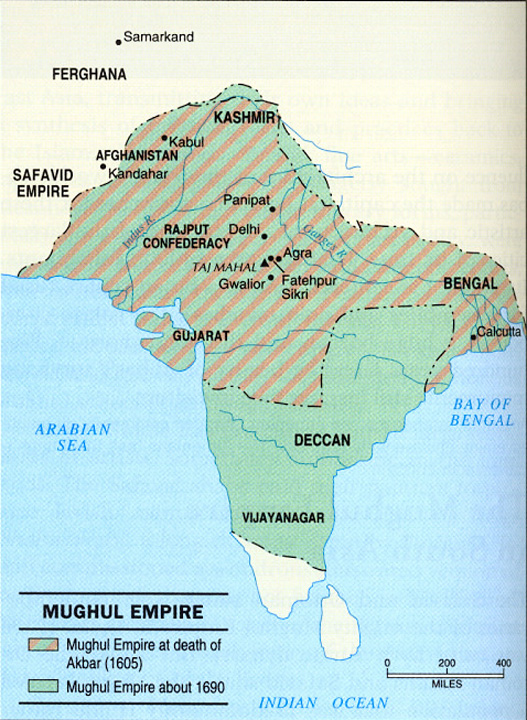
Ottoman Empire or Turkish Empire--
centered on present-day Turkey
at height in 16th-17th centuries, stretched from southeast Europe throughout Middle East to North Africa
Osman, Mehmet, Suleiman the Magnificent (1494-1566)
Contained Iraq, Kurds, others involved
Iraq established after collapse of Ottoman Empire in World War 1, around 1919
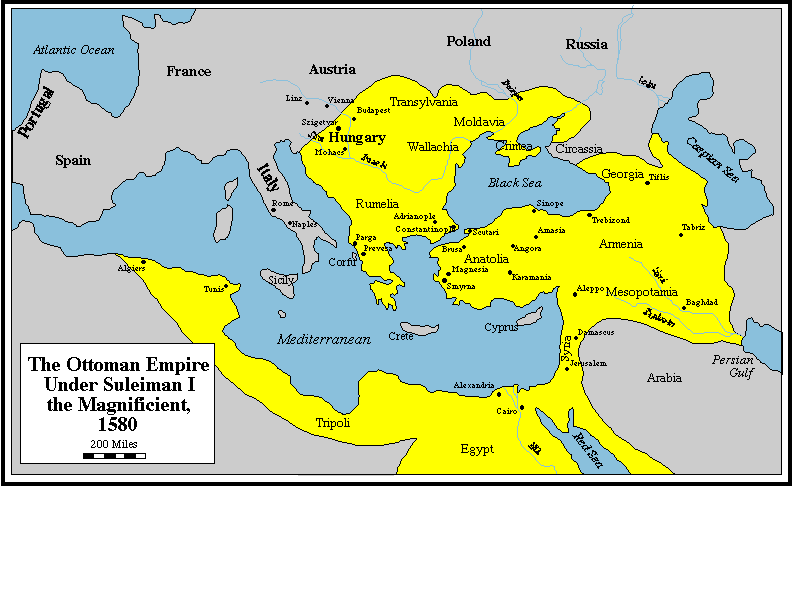
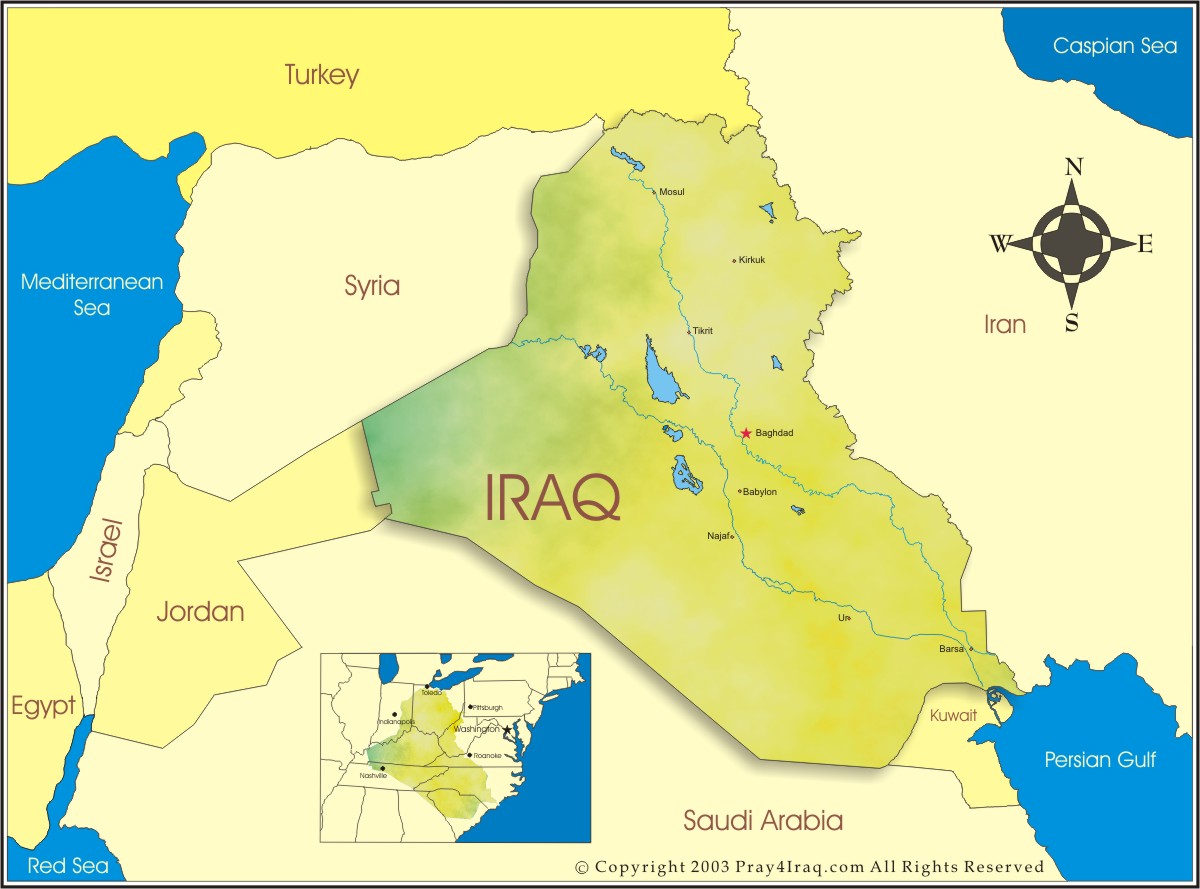
12 regained their departed greatness
16 Islam, his own country
17 Hindu rhythm uncongenial
113 feeling that India was one; Moslem
102 Chandrapore Mohammadans
India home to many great religions
Hinduism (Godbole)
Buddhism
Jainism
Sikhism
Parsi
Islam (Aziz, Hamidullah--Islam is not native to India, but many Indians are Moslems)
"Moguls" are Moslem peoples & armies from the Middle East (mostly Persia / Iran) who migrated-conquered-assimilated through present-day Afghanistan and Pakistan
22 He seemed to own the land . . . . What did it matter if a few flabby Hindus had preceded him there, and a few chilly English succeeded.
Novel of Manners
146 most of life so dull
Moral / ethical significance of manners?
161
their conversation—their civilization; cf. 279
53 the desire to behave pleasantly satisfies God
132 friends, brothers . . . affection had triumphed
karma
The Law of Karma:
Wikipedia definition of karma:
Echoes, karma, etc.
84-5 Godbole’s song, maze, incomprehensible
94 accident
104-5 a ghost!
136 caves like nothing else in the world
137 nothing attaches, unlike human speech
196 nothing can be performed in isolation
211 What was the “echo” of which the girl complained?
98 opposite currents, blended
novel of manners discussion
A Passage to India extends conventional “novel of manners” form in at least 2 ways:
cross-cultural
mystical union
Questions for seminar discussion:
Using A Passage to India for examples, how may a novel of manners serve a multicultural course in Literature or “Culture Studies” generally?
What would you rather be talking about? (Not to imply we're wasting time, but cultural or identity issues always feel more pressing than formal analysis.)
18 God is here
53 the desire to behave pleasantly satisfies God
Moral / ethical significance of manners?
161
their conversation—their civilization; cf. 279
Novel of Manners partly descended from earlier
Comedy of Manners
Shakespeare, Love’s Labour’s Lost
Much Ado about Nothing
Moliere, Tartuffe
The Bourgeois Gentleman
esp. Restoration Comedy
Congreve, The Way of the World 1700
Goldsmith, She Stoops to Conquer 1773
Sheridan, The Rivals 1775
Wilde, The Importance of Being Ernest 1895
Barry, The Philadelphia Story 1939
preoccupied with codes of upper and middle classes
manners and conventions of an artificial, highly sophisticated society
satire against wannabes
satire
of aberrations of social behavior
misfits,
etc.
(handout on narrative)
comedy
defined by concluding marriage, dance, union
11 if men refuse to marry . . . .
54 succeed in getting married?
54 succeed in getting married?
review "comedy" in genre handout
Next week, referring to the definition of comedy narrative, my question will be,
How is A
Passage to India structured as a comedy?
+ what is significance of manners?
"manners" doesn't exactly mean same thing as etiquette, but more like behavior and how it fits with others and what it means
Passage to India p. 15 "To escape from the net and be back among manners and gestures that he knew!"
8 servant-master code
Subject: courtship, social interaction of leisure class, professionals, wannabes; social codes, reading and offering of signs
Characters test each other’s interest, honor, generosity, folly, irony
Misconceptions, false identities, blunders, connections
Purposes of studying A Passage to India as "novel of manners"
"Novels of manners" are often regarded among the "finest literature," but can be difficult to read
A Passage to India extends conventional “novel of manners” form in at least 2 ways:
cross-cultural
mystical union
+ gender: like James and Whitman, a gay / homosexual / queer author
Both intensely social and outside normal courtship
A Passage to India extends conventional “novel of manners” form in at least 2 ways:
cross-cultural
mystical union
cross-cultural
7 "possible to be friends with an English gentleman?"
8 "We poor blacks . . . "
mystical union, resolution of conflicts & differences through divine
later in novel, esp. through character of Godbole, Forster camps on Hindu festivals, myths (Krishna)--most criticized parts of novel
Azia and Mrs. Moore under the moon
12 . . . the name of the poet, Hafiz, Haliz, Iqbal, was sufficient guarantee. India--a hundred Indias--whispered outside beneath the indifferent moon, but for the time India seemed one and their own . . .
28 Mrs. Moore: "A sudden sense of unity, of kinship with the heavenly bodies, passed into the old woman and out, like water through a tank, leaving a strange freshness behind.
But as a muted Modernist, Forster uses symbols effectively
quick definition of symbol . . .
material image + multiple meaning
Chapter 1 begins and ends with "caves"
images of entrapment and enclosure, like "net" p. 15--compare Whitman's images of fusing and linking
Chapter 3 ends on "wasp," which reappears periodically
leftover notes from previous classes
Beth Cordell wishes the class to know she's been distracted from finishing her midterm by an accident to her daughter in California.
Late submissions--I'll try to read & return before class on 18 Oct.
Otherwise, a strong set of midterms that other students will benefit from.
I will too--important for teachers to see what students are hitting and missing > re-evaluate priorities
If students "get it," that's a strong signal that something in their background(s) makes them receptive.
If students don't get it, either you're not teaching it right or you're on some inappropriate level or angle
As always in literature, there are so many possibilities that you have to look for cues on what to cut, what to emphasize.
Judging from these midterms, the most successful axis in the class is the dialogue between texts. Nearly everyone wrote well about Things Fall Apart relative to Heart of Darkness and what's gained by reading them together.
What didn't show up as compellingly in the midterms is the historical narrative regarding colonialism > postcolonialism, though several of you made reasonable efforts.
Instructor's possible reactions for future offerings of course:
Give up on the historical angle--do the dialogue and let the history take care of itself. (Trust interested students to pick it up on their own.) This sounds like a cop-out, but going with what works instead of struggling to redeem what doesn't work often turns out to be more productive.
Set up and "drive" the historical narrative more deliberately through lectures and presentations--conceivably there's a history textbook that could provide some basic readings in colonial history.
Install in the midterm assignment some requirements for reviewing the historical background--but careful!--don't want to mess up the success of the dialogue.
Questions or suggestions regarding midterm assignment?
maps
University of Texas Online Library: Perry-Castañeda Map Collection
Discussion starter(s) relating Said article to A Passage to India: Pauline Chapman
http://www.english.emory.edu/Bahri/Orientalism.html
Some
extractions from Said article on Orientalism:
p. 87,
second par.:
In
addition…the Orient has helped to define
Europe (or the West) as its contrasting
image, idea, personality, experience
p. 88,
first paragraph:
Anyone
who teaches, writes about, or researches the Orient…is an Orientalist.
Compared…the
term Orientalism is less preferred by specialists today, both because it is too vague
and general and because it connotes…colonialism.
Orientalism
lives on academically through its
doctrines and theses about the Orient and the Oriental.
p.88,
second par.:
Writers
have accepted the basic distinction between East and West as the starting point
for texts concerning the Orient, its people, customs, 'mind,' destiny…
p.88,
third par.:
Orientalism
as a Western style for dominating,
restructuring, and having authority
over the Orient.
p.89,
first par.
Moreover…no
one writing, thinking, or acting on the Orient could do so without taking
account the limitations on thought
and action imposed by Orientalism
In
brief, because of Orientalism, the Orient was not (and is not) a
free subject of thought or action.
Orientalism
in A Passage to India
Mrs.
Moore and Aziz:
"I
don't think I understand people very well.
I only know whether I like or dislike them."
"Then
you are an Oriental." (21)
Aziz
and Ralph Moore:
"Can
you always tell whether a stranger is your friend?"
"Yes."
"Then
you are an Oriental." (349)
What
about Mrs. Moore and Ralph makes them "Oriental?"
What
is Aziz implying about "Orientals" and Westerners?
For
Miss Quested had not appealed to Hamidullah.
If she had shown emotion in court, broke down, beat her breast, and
invoked the name of God, she would have summoned forth his imagination and
generosity—he had plenty of both. But
while relieving the Oriental mind, she had chilled it, with the result that he
could scarcely believe she was sincere, and indeed from his standpoint she was
not. For her behavior rested on
cold justice and honesty; she had felt, while she recanted, no passion for those
she had wronged…And the girl's sacrifice—so creditable according to Western
notions—was rightly rejected, though it came from her heart, it did not
include her heart. (272)
Ralph
Moore and Aziz discuss Mrs. Moore:
"In
her letters, in her letters. She
loved you."
"Yes,
your mother was my best friend in all the world."
He was silent, puzzled by his own great gratitude.
What did this eternal goodness of Mrs. Moore amount to?
To nothing, if brought to the test of thought. She had not borne witness in his favor, nor visited him in
prison, yet she had stolen to the depths of his heart, and he always adored her.
(350)
Do you
think Aziz and the other Indians are fair in their dislike of Miss Quested and
their adoration of Mrs. Moore?
Yes,
he did want to spend an evening with some girls, singing and all that, the vague
jollity that would culminate in voluptuousness….If Major Callendar had been an
Indian, he would have remembered what young men are, and granted two or three
days' leave to Calcutta without asking questions.
But the Major assumed either that his subordinates were made of ice, or
that they repaired to the Chandrapore bazaars—disgusting ideas both. (109)
What
is Forster saying about Eastern and Western sensibilities about sensuality?
Is
it fair to either side? Is he
projecting his own sensibilities?
Fielding
traveling West to England:
The
buildings of Venice, like the mountains of Crete and the fields of Egypt, stood
in the right place, whereas in poor India everything was placed wrong.
He had forgotten the beauty of form among the idol temples and the lumpy
hills; indeed, without form, how can there be beauty?
…but something more precious than mosaics and marbles was offered to
him now: the harmony between the works of man and the earth that upholds them,
the civilization that has escaped muddle, the spirit in reasonable form, with
flesh and blood subsisting… his Indian friends would see the sumptuousness of
Venice, not its shape…The Mediterranean is the human norm.
When they leave that exquisite lake…they approach the monstrous and
extraordinary…(314)
Is
this Forster's or Fielding's view? What
is Forster trying to say?
Instructor's
follow-up to Said presentation
Edward W. Said (1935-2003) overview
strongly influenced by post-structuralist theory, applied to political conditions and history
earlier this semester: intertextuality as interdependence of one text on another
no such thing as an independent text--each text refers to others, uses others to constitute itself
Said (and others) extend this model of intertextuality to a psychological and political framework:
Self-other
Said 87 Europe's greatest and richest and oldest colonies, the source of its civilizations and languages, its cultural contestant, and one of the deepest and most recurring images of the Other.
Briefly, the idea of "self" depends on an idea of "other"
Simplest relation: negative--"I'm not that kind of person."
But relationships between self & other soon reveal expressions or reflections of the self in the other
Negative polarization > positive exchange
Things Fall Apart 13 fear of himself, lest he should be found to resemble his father
father agbala, not only another name for a woman . . a man who had taken no title
follow-up "novel of manners" / assignments
novel
of manners
novel
as infinitely adaptable, multivoiced genre
Conrad:
Modernist novel as representation of mind
Achebe:
literate narrator; oral dialogue
Forster: novel of manners
social customs, manners, conventions, and habits of a particular social class at a particular time
mores exert control over characters
Jane Austen
Edith Wharton
Henry James
Tom Wolfe, The Bonfire of the Vanities
7 Hamidullah disagreed, but with so many reservations that there was no friction between them
7
They come out intending to be gentlemen
8 They meant . . .
11 neither a servant nor an equal
43 as if they sought for a new formula which neither East nor West could provide
50 the conventions have greater force
51 go against my class
61 convenient lie; insult?
Pleasure + ethics
conscience
follow-up to poetry reading / assignments
interesting aspect to Forster's novel style:
occasional focus on precise image or symbol
67 collar stud
87 collar stud
34 wasp
38 wasp
Moguls established an empire in India
Compare Norman French in England after 1066
Moguls and Norman French ran government, lived as nobility
Common people were Hindus or Anglo-Saxons
